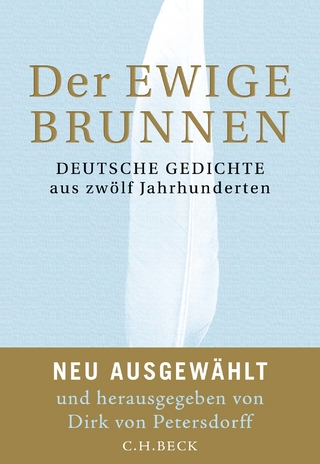
Learning War
Selected Vietnam War Poems
Seiten
2021
Greenwich Exchange Ltd (Verlag)
978-1-910996-56-0 (ISBN)
Greenwich Exchange Ltd (Verlag)
978-1-910996-56-0 (ISBN)
Poetry. The Vietnam War happened a long time ago in a place far away. For an entire generation, those known as Boomers, it was one of the most defining events of the age, certainly for all those who fought in it, but also for those who protested against it, and for those who watched it nightly on their TV screens, the first time war was witnessed by the general public in real time, with body counts served alongside the evening meal. It has been the subject of countless books, movies, and documentaries. Why, then, should we read about it now? The poet R. L. Barth, who as a young Marine experienced the war first-hand, responds, Because it's truth. Because it's history.
History often is the most inconvenient of truths, forcing us to acknowledge what we would prefer to forget, or to remember a different way. And history, we are told, is written by the victors. But the greatest truth of war is that it can never be understood unless it is told by its victims. In Barth's poems, victims are given voice. Those who fought, those who died, those who returned wounded and shattered in body and mind, not to parades as heroes, but to a country that too often victimized them a second time, and would not acknowledge their service until many years later. His poems are often short, bursting with the power of ordnance, like that recounted in One Way to Carry the Dead, which reads in its entirety: A huge shell thundered; he was vaporized / And, close friends breathing near, internalized.
They convey, with elegant efficiency, the horrors and absurdities of war. And this is most important reason that we need these poems. Barth opens with a quote from George Gascoigne, That Warre seems sweete to such as raunge it not. As long as war seems sweete, we will forget, and thus repeat, the horror. Thus, as Pound had it, this is news that stays news, a lesson to be endlessly repeated until, at last, it may be learned. Until then, we are left with a black slab of memory, Up Against the Wall: These dead troops gave their country fame, / Which country travestied their story. / Now, only kin recall each name; / Only the dead recall their glory.
History often is the most inconvenient of truths, forcing us to acknowledge what we would prefer to forget, or to remember a different way. And history, we are told, is written by the victors. But the greatest truth of war is that it can never be understood unless it is told by its victims. In Barth's poems, victims are given voice. Those who fought, those who died, those who returned wounded and shattered in body and mind, not to parades as heroes, but to a country that too often victimized them a second time, and would not acknowledge their service until many years later. His poems are often short, bursting with the power of ordnance, like that recounted in One Way to Carry the Dead, which reads in its entirety: A huge shell thundered; he was vaporized / And, close friends breathing near, internalized.
They convey, with elegant efficiency, the horrors and absurdities of war. And this is most important reason that we need these poems. Barth opens with a quote from George Gascoigne, That Warre seems sweete to such as raunge it not. As long as war seems sweete, we will forget, and thus repeat, the horror. Thus, as Pound had it, this is news that stays news, a lesson to be endlessly repeated until, at last, it may be learned. Until then, we are left with a black slab of memory, Up Against the Wall: These dead troops gave their country fame, / Which country travestied their story. / Now, only kin recall each name; / Only the dead recall their glory.
| Erscheinungsdatum | 02.09.2021 |
|---|---|
| Verlagsort | London |
| Sprache | englisch |
| Maße | 135 x 210 mm |
| Themenwelt | Literatur ► Lyrik / Dramatik ► Lyrik / Gedichte |
| ISBN-10 | 1-910996-56-4 / 1910996564 |
| ISBN-13 | 978-1-910996-56-0 / 9781910996560 |
| Zustand | Neuware |
| Haben Sie eine Frage zum Produkt? |
Mehr entdecken
aus dem Bereich
aus dem Bereich
Deutsche Gedichte aus zwölf Jahrhunderten
Buch | Hardcover (2023)
C.H.Beck (Verlag)
28,00 €
Text, Übersetzung, Melodien, Kommentar
Buch | Softcover (2024)
De Gruyter (Verlag)
24,95 €


